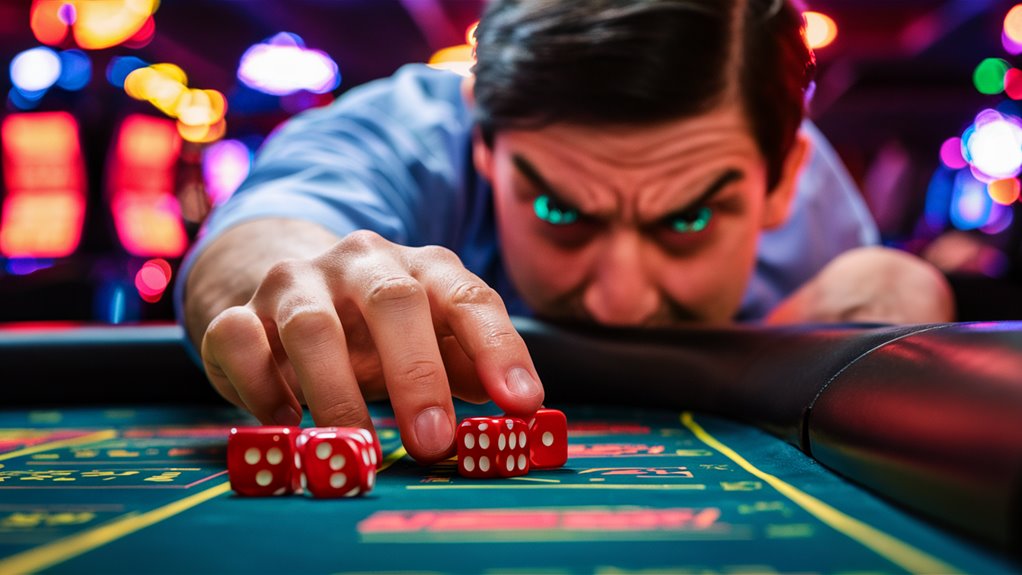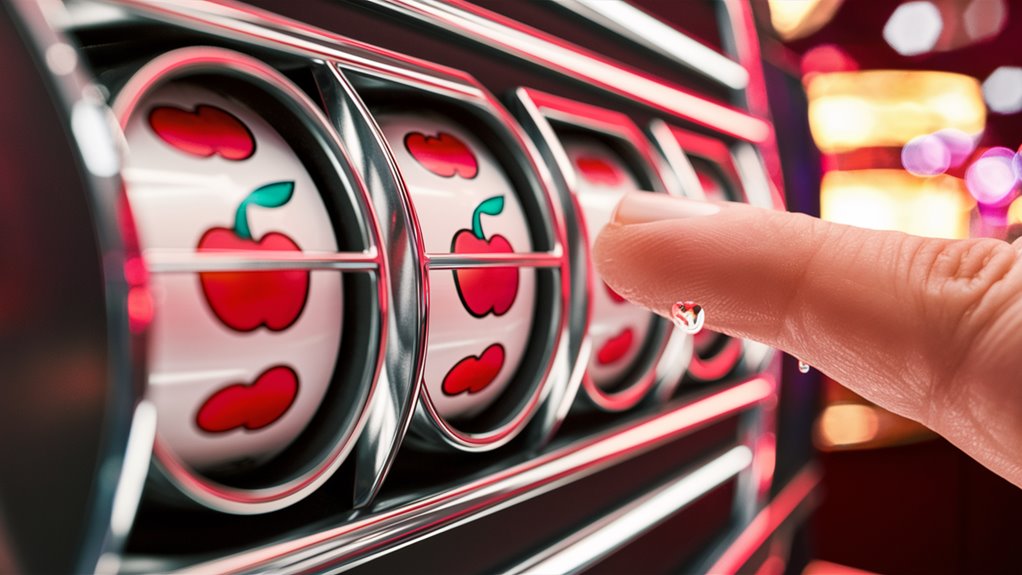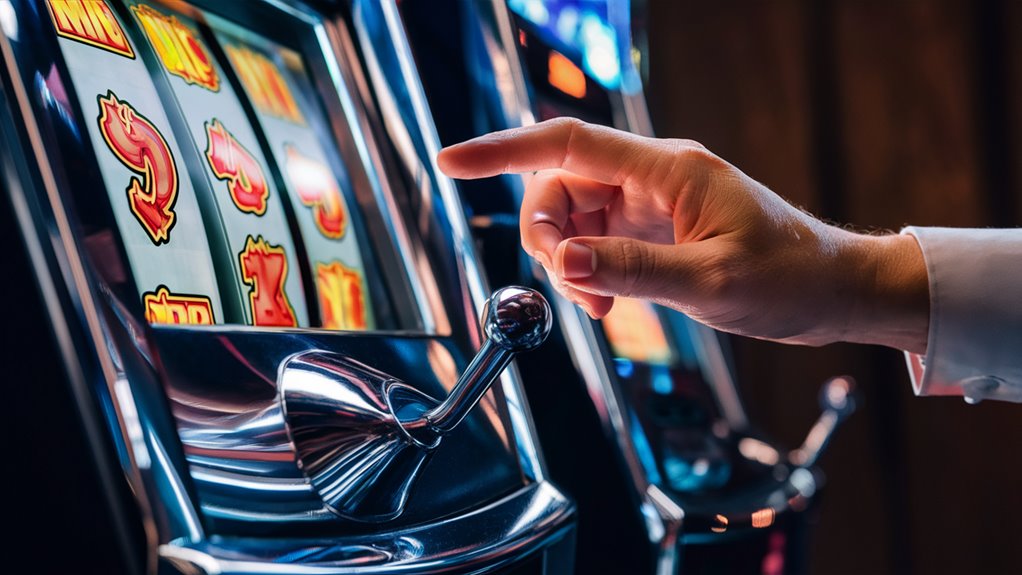
The Role of Dopamine in Gambling Cravings: Understanding the Brain’s Reward System

What Drives Gambling Addiction
The core brain path is key in moving us to gamble. When you gamble, a brain area sends out strong dopamine shots to another, making you feel great rewards.
When Does Dopamine Jump Up When Gambling?
- When you win
- When you almost win
- Before you bet
- Online gambling success
- When you see or think of gambling
How Gambling Changes Brain Roads
Again and again, gambling makes strong brain roads, and these shifts change brain works:
- Links build between bets and that big thrill
- Usual dopamine making is off
- You get new, stronger feelings to betting hints
- Hard to make choices
- Chasing the thrill, even if it’s bad for you
Big Effects on How Your Brain and Acts Work
- More reactions to gambling pulls
- Bad at stopping on a whim
- Altered systems to handle rewards
- Weaker overall thinking power when you plan and decide
- Ongoing want to gamble
Knowing this complex stuff shows you the body side of why it’s hard to leave gambling. It says why you need plans aimed at these deep brain shifts to stop gambling’s pull.
Understanding the Dopamine Reward System
How Our Brain Rewards Us
The brain reward path is a deep brain ring, with dopamine as the key dawn-bringer. This needful brain help forms roads linking things we do to nice feels, pushing learning, wish for things, and habits.
It’s big in how we act and choose what to do.
How Dopamine Kicks in

The dopamine move has two big parts when we expect and get rewards:
- High dopamine during waiting for a reward
- Dopamine jump when you actually get the reward
Research shows that when betting, the early jump from hoping often is bigger than the jump from getting, showing the system’s role in bad habits like gambling.
Making and Stuff in Your Brain
A key brain path has dopamine cells that link areas from the front to a key middle part of your brain and run both:
- Real good things: Eating, water, being with others
- Not-real pulls: Betting, drugs, looking at screens
Knowing this path shows how bad habit steps are shaped by thinking too much of hints, making big behavior pulls that can skip normal choices.
Why Close Calls Feels Like Wins: The Brain Magic Behind Gambling’s Big Pull
How Your Brain Reacts to Almost Wins
Near-win times in gambling make your brain act a lot like true wins.
Research shows these close calls make the 온카스터디 공식파트너 확인 brain reward zone light up, shooting dopamine in ways a lot like real wins. This body thing helps see why gamblers keep playing even when not winning.
The Dopamine Link
The brain reward roads handle near-wins with a hard mix of waiting moves.
When players almost win, their dopamine cells fire up big, making you feel almost like you’ve won.
This brain move makes a strong mind pull called a guess gap, where your brain feels the thrill of a near-win even without a real prize.
How Games Use Near-Miss Brain Tricks
Game makers use how our brains work by putting these near-win bits in their rush games.
Online Casino Slots tools and scratch cards show things that miss big wins by just a bit, using our brain’s mix-up between close calls and real wins to keep us playing, even without cash wins.
Key brain stuff:
- Dopamine levels like when winning
- Brain reward areas up in close calls
- Waiting loops in your brain
- Minding pulls through game moves


